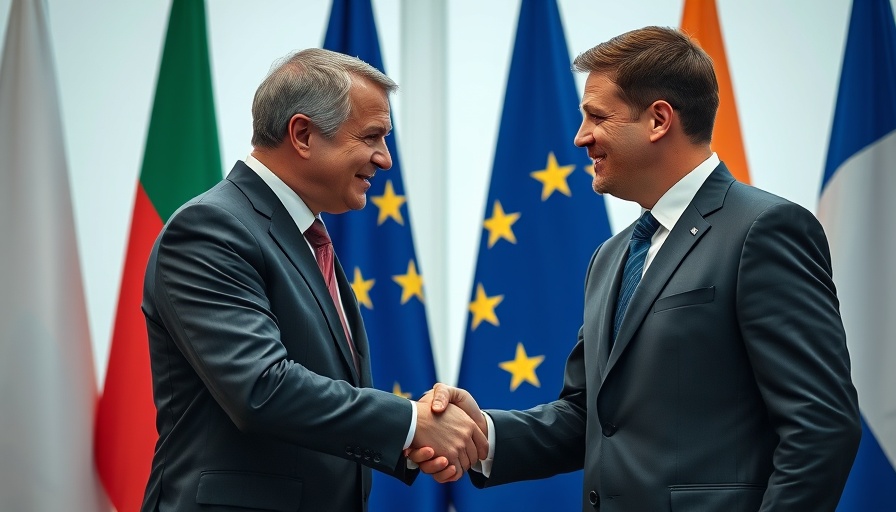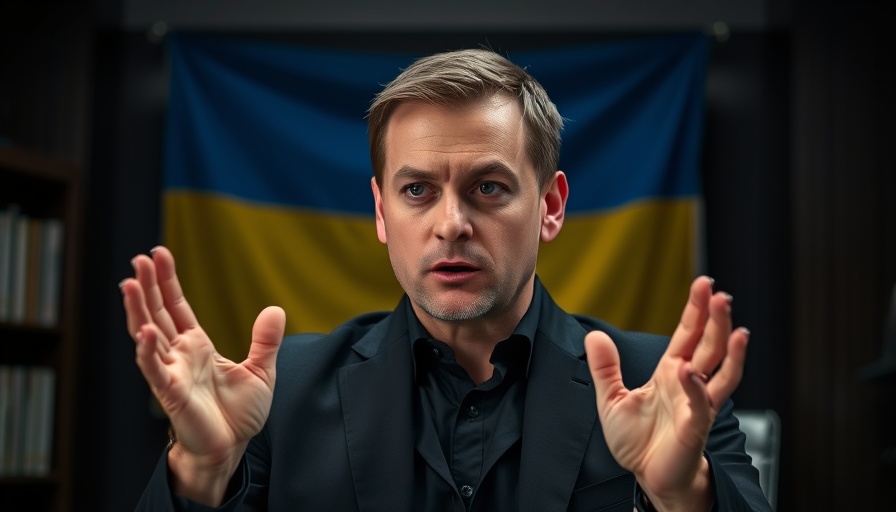
US-Iran Tensions: A Critical Crossroads
The tense relationship between the United States and Iran has taken another turn, as Iranian Deputy Foreign Minister Majid Takht-Ravanchi emphasized that the US must unequivocally rule out further military strikes against Iran before diplomatic negotiations can resume. This statement comes amidst fresh military activity, notably the US airstrikes against Iranian nuclear facilities which have drawn sharp responses from Tehran, complicating the already tumultuous dialogues surrounding Iran’s nuclear program.
Historical Context of the US-Iran Talks
The backdrop of these discussions can be traced back to the Joint Comprehensive Plan of Action (JCPOA), which was established in 2015 to limit Iran’s nuclear capabilities in exchange for sanctions relief. The agreement was effectively dismantled by the Trump administration in 2018, accelerating hostilities that have led to exchanges of military actions. The recent strikes from Israel on Iranian sites and subsequent retaliation have created an environment of mutual distrust, making negotiations more challenging.
Iran’s Perspective on Enrichment and Diplomacy
Iran insists on its right to enrich uranium for peaceful purposes, reflecting a long-standing contention that such activity is essential for its scientific and energy needs. However, the US and its allies worry that these actions could mask intentions to develop nuclear weapons. Takht-Ravanchi’s assertion that Iran will not agree to zero enrichment reflects Iran's determination to assert its sovereignty, even under international pressures.
The Role of Israel and the IAEA
The involvement of Israel complicates matters further. Israel’s military actions aimed at undermining Iran’s nuclear program have heightened animosity, leading both nations further away from negotiation tables. The International Atomic Energy Agency (IAEA) is also embroiled in this conflict, as Iran’s parliament moved to limit cooperation with the organization, viewing it as biased against Tehran’s interests.
Looking Ahead: What Comes Next?
The US's position over potential further military engagements must be clarified if meaningful dialogue is to take place. With renewed calls for negotiations, the possibility of alleviating tensions will depend significantly on the US's steadfastness in diplomatic commitments and Iran’s responses to international pressure regarding its nuclear ambitions.
 Add Row
Add Row  Add Element
Add Element 



Write A Comment